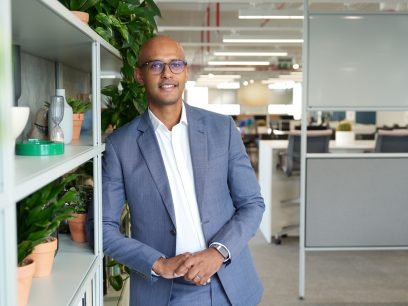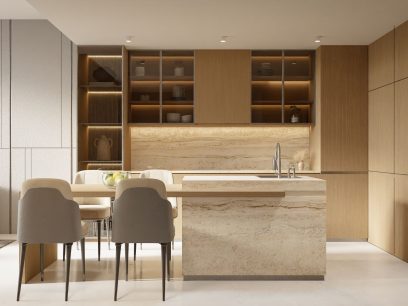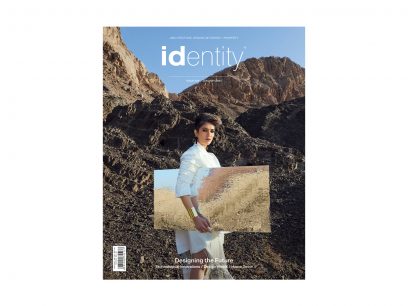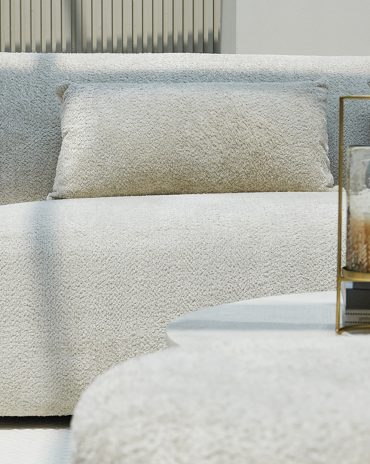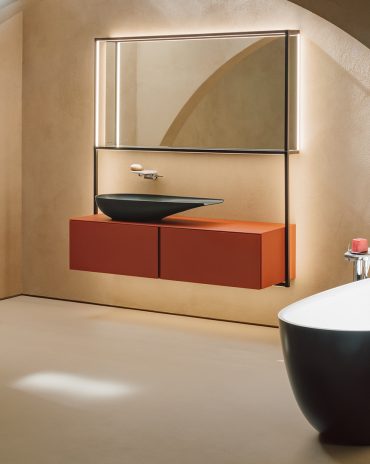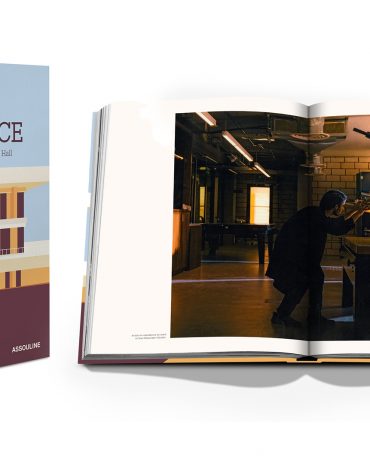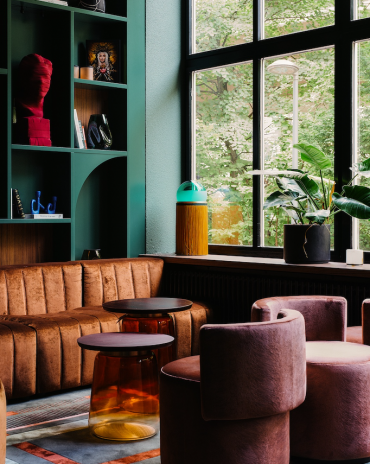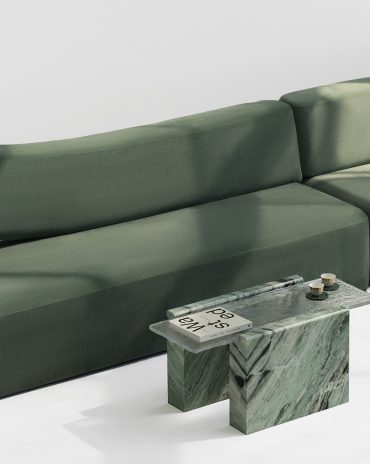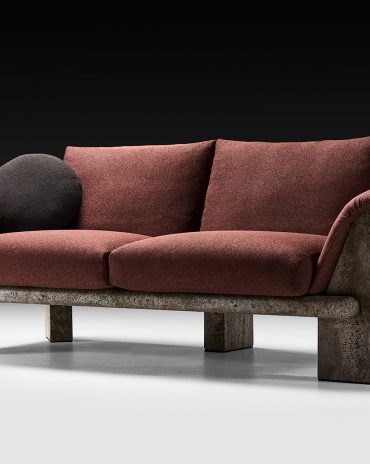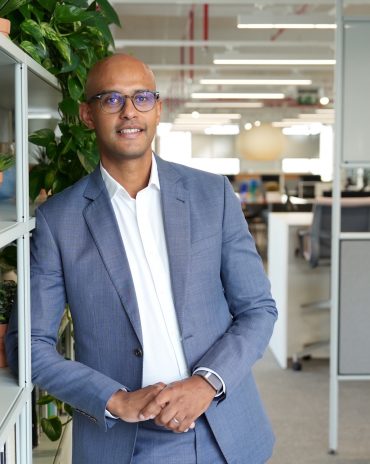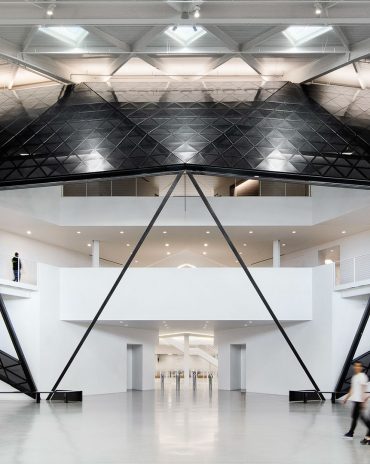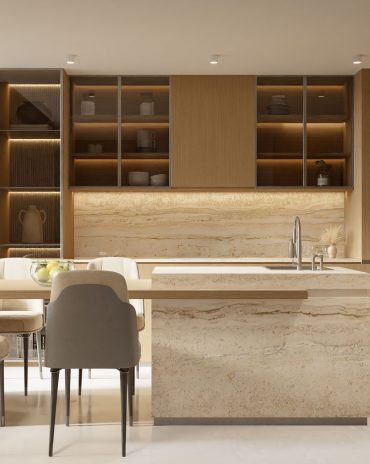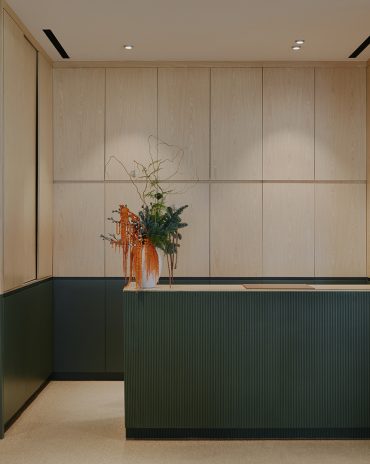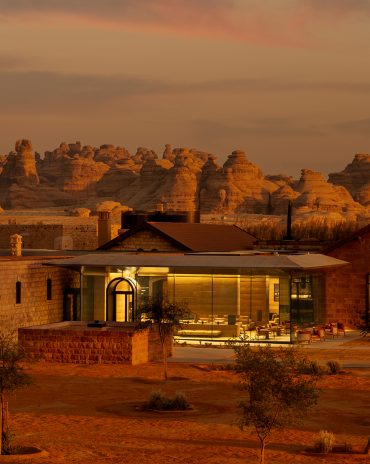Copyright © 2025 Motivate Media Group. All rights reserved.
Work from home: Keiji Tekeuchi on productivity, slowing down and baking
The Japanese designer shares his 'work from home' experience in Milan
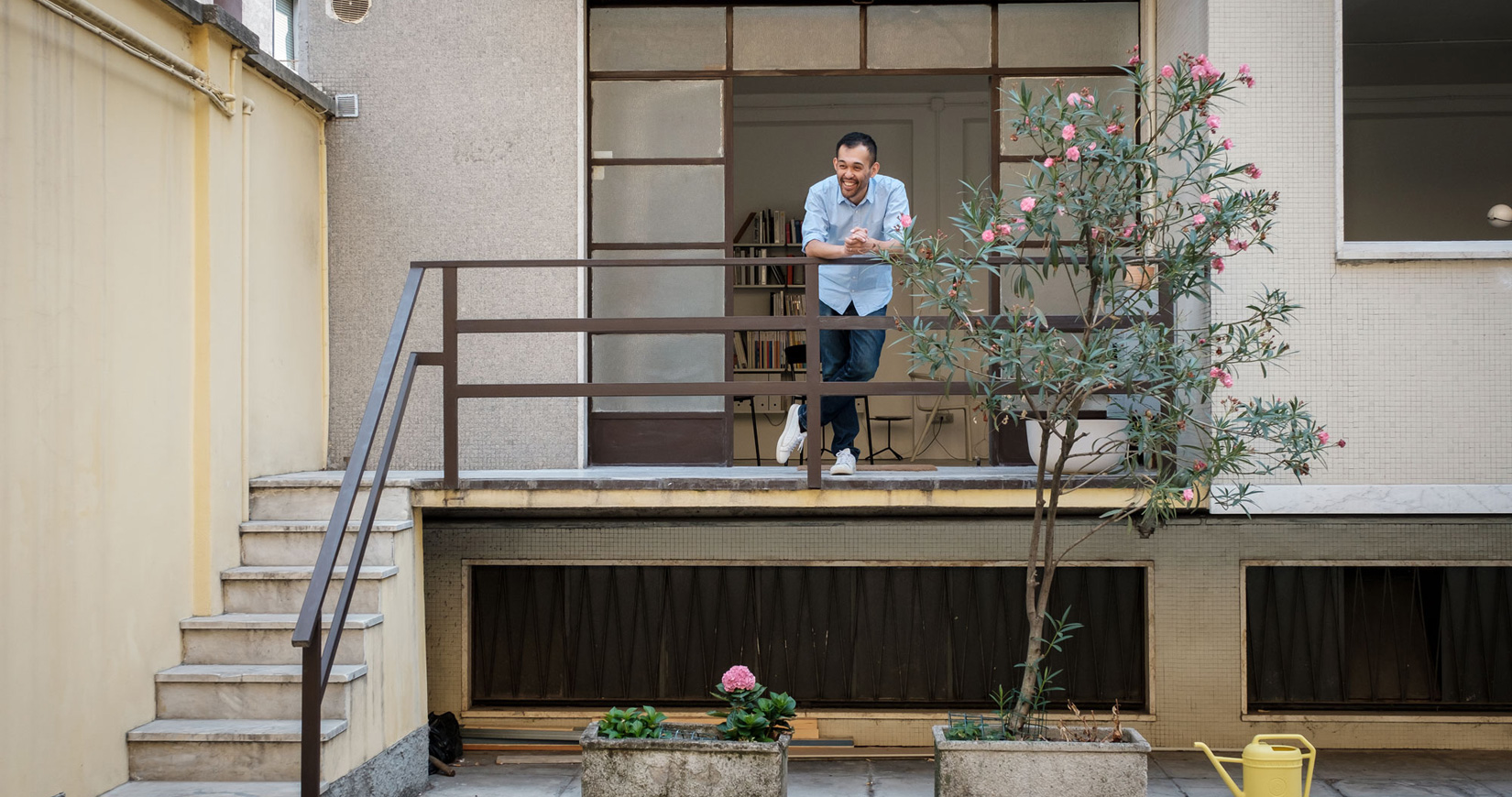
Office furniture brand Herman Miller has teamed up leading designers and architects to create an interview series with a focus on self-isolation and working from home, exclusively published in the Middle East by Identity. From tips on productivity to creative processes and what to expect of the future, these designers share their current realities under lockdown.
In its second edition of the series, Milan-based Japanese designer Keiji Tekeuchi discusses staying creative during lockdown, slowing down and taking up baking.
The cancellation of Milan’s 2020 Salone del Mobile furniture fair was an early signal to the global design community of just how hard the pandemic would hit Italy. For Milan-based designer Keiji Takeuchi, staying productive during the ensuing nationwide lockdown has meant slowing down, being more intentional, and taking up baking.
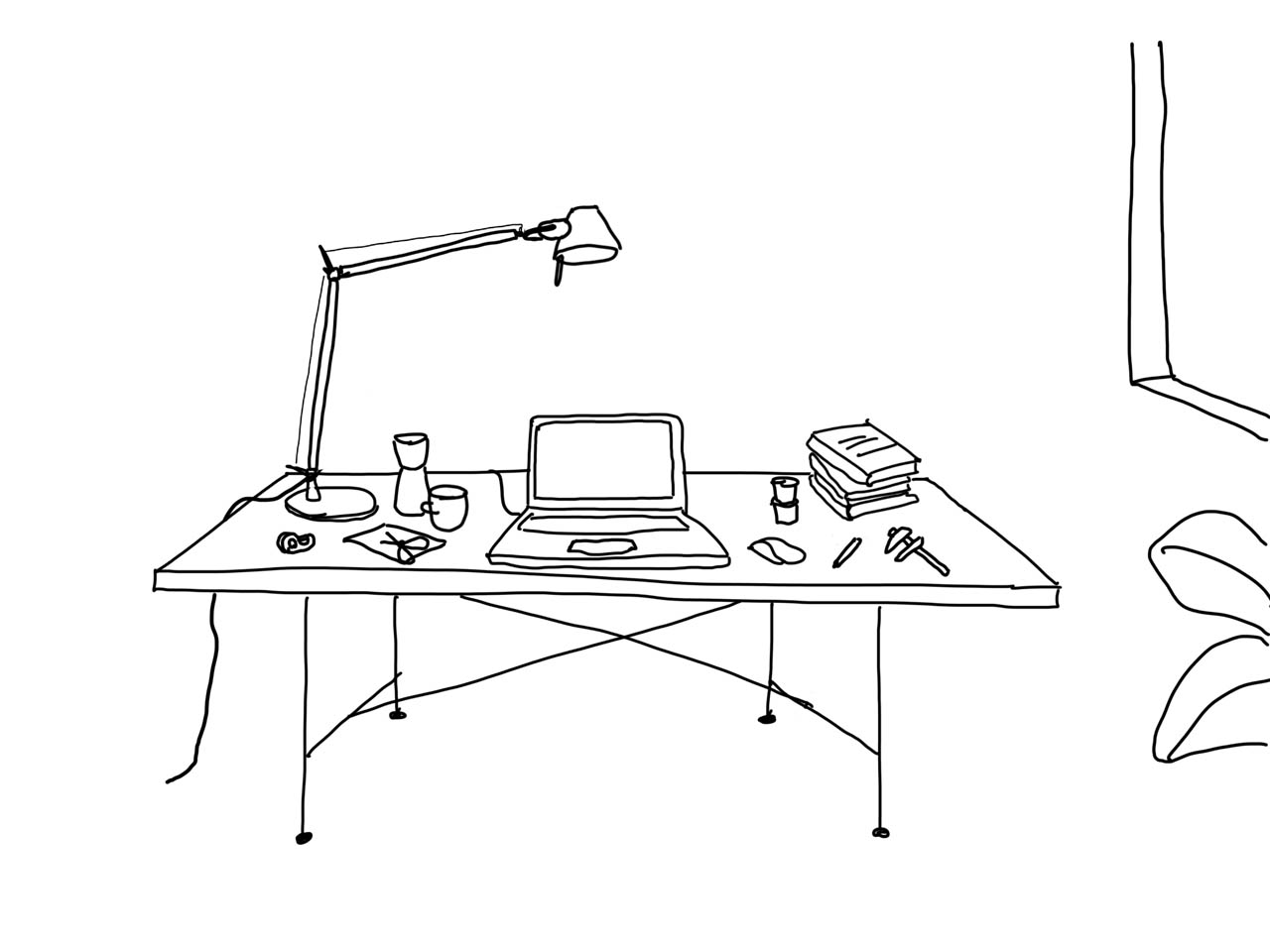
A sketch by Keiji Takeuchi of his at-home workstation, courtesy of the designer.
With the Italian economy starting to reopen, what is the mood like in Milan?
Even in such a heartbreaking situation, there is still beauty. I think of the Music for Hope project, and Andrea Bocelli singing “Amazing Grace” on Easter Sunday outside the Duomo Cathedral. What Milano as a city and the Duomo created to support our citizens and also people in different parts of the world represents the power of art that this city and this country believes in. I felt this was truly amazing—and also, so Italy.
How have you managed to stay creative during the lockdown?
The most important thing for me is to think of how to adapt to the situation rather than focusing on what I do not have here with me.
With creativity, anything is possible. The other day I sculpted some design models with our daughter’s modelling clay. For quick maquettes, we also used a dough that we made by mixing some flour with water.
When you are working on a project alone at your home studio, what are you doing to involve others in your design process?
This period is giving me an opportunity to take things slowly—to “cook” design more slowly. So I am now taking more time to think and question myself.
I find that I’m drawing a lot more before jumping to the computer. And I am asking my assistants to focus on research and experiments rather than building shapes on computers. We can wait to build the shapes for now, but gaining knowledge is always welcome.
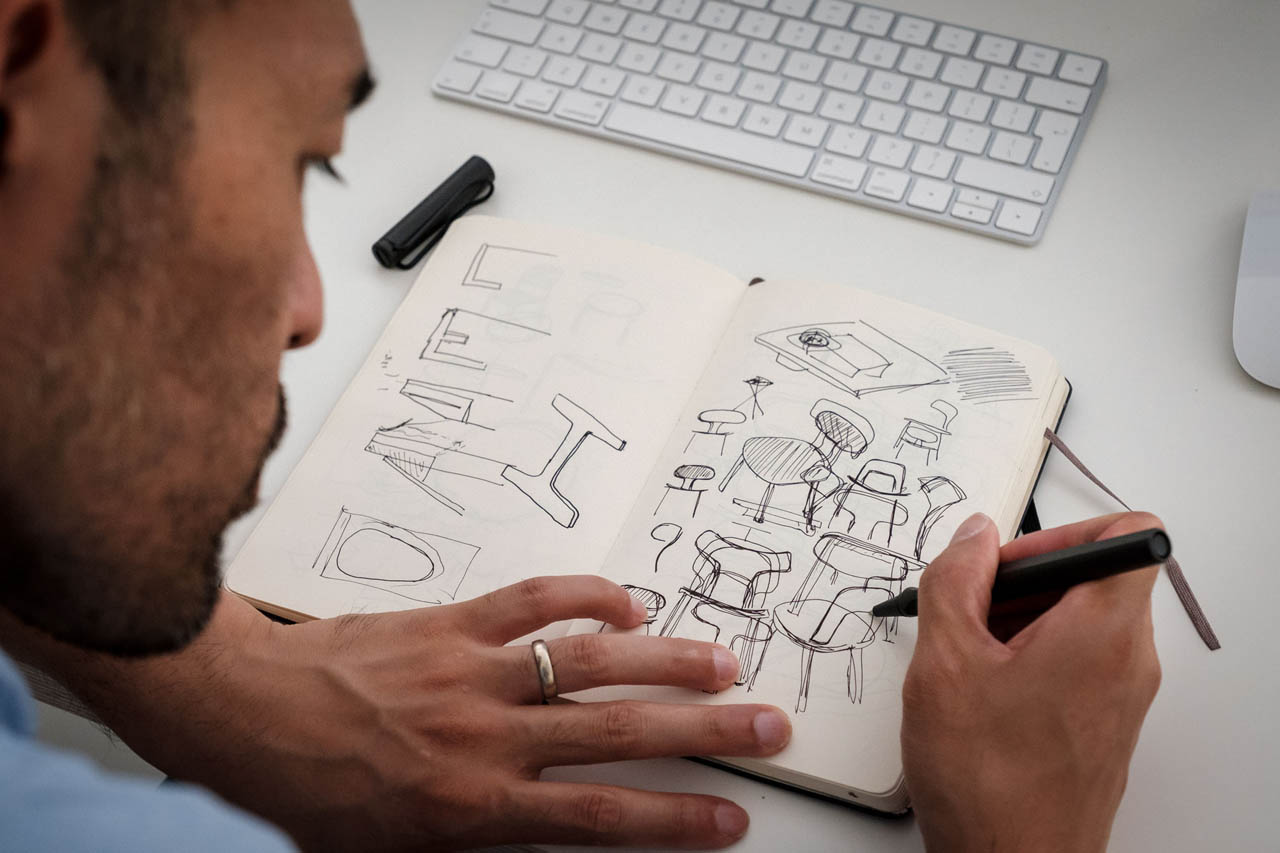
Photo by Ben Anders
What are the benefits of working remotely?
I think a team will learn to minimize ambiguity when communication no longer has physical cues to rely on. We need to grant each other grace, but at the same time, we can’t necessarily tolerate misunderstanding. Two people may have two different understandings of the same word. So when we are explaining a concept to one another, we need to work toward a common understanding—to picture the same word in the same way.
At the same time, when multiple people can envision the same goal, the energy is so powerful that physical distance becomes less relevant.
What tools do you use to stay connected with your team?
We use a lot of hand-drawing sketches in group chats, which allow us to collaborate quickly, in real time. I’ve found it is also a softer tone of communication.
What are your best tips for staying productive at home?
If we think of ourselves as being locked down, our thoughts are already pointing in the wrong direction.
I certainly understand that there are many unfortunate victims, so I don’t want to minimize that by saying “stay positive.” But working to comprehend the situation rather than complaining about the situation is the most respect we can pay to our society.
When we believe in making the situation work, we will see that there are many opportunities for us to appreciate—like spending more time at home. Many people may have found innovative ways to stay connected with their family and friends. So in a way, maybe social distancing is actually bringing people closer at heart.
How have you been using your time outside of work hours?
Cooking has always been my passion, and I’ve started baking as well. It is a source of happiness and peace for me to make something to share with the family.
How—if at all—will this crisis change your approach to design?
After this is over, I don’t think we can even think about approaching design in a traditional way. I feel that the role of designers will be impacted in both large and small ways, and we just need to be open enough to accept the situation and to react to it. I hope we can be purposeful enough to rethink our role and to be resourceful enough to support different industries.
Photography by Ben Anders
The Latest
Textures That Transform
Aura Living’s AW24 collection showcases the elegance of contrast and harmony
Form Meets Function
Laufen prioritises design, functionality and sustainability in its latest collections
Preserving Culture, Inspiring Creativity
Discover the Legacy of a Saudi Art Space: Prince Faisal bin Fahd Arts Hall explores the Hall’s enduring influence on the cultural fabric of Saudi Arabia
Channelling the Dada Spirit
Free-spirited and creative, The Home Hotel in Zurich injects a sense of whimsy into a former paper factory
id Most Wanted- January 2025
Falaj Collection by Aljoud Lootah Design
Things to Covet in January
identity selects warm-toned furniture pieces and objets that align with Pantone’s colour of the year
Shaping the Future of Workspaces by MillerKnoll
Stacy Stewart, Regional Director Middle East & Africa of MillerKnoll discusses the future and evolution of design in workspaces with identity.
Shaping Urban Transformation
Gensler’s Design Forecast Report 2025 identifies the top global design trends that will impact the real estate and built environment this year
Unveiling Attainable Luxury
Kamdar Developments has launched 105 Residences, a new high-end development in Jumeirah Village Circle.
The Muse
Located in the heart of Jumeirah Garden City, formerly known as ‘New Satwa’, The Muse adds to the urban fabric of the area
Cultural Immersion Meets Refined Luxury
The Chedi Hegra opens its doors in AlUla’s UNESCO World Heritage Site
Redefining Coastal Luxury
Sunshine Bay on Al Marjan island combines seaside views, exceptional design, and world-class amenities to create a unique waterfront haven

